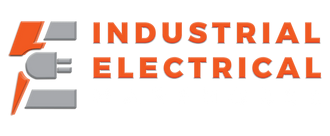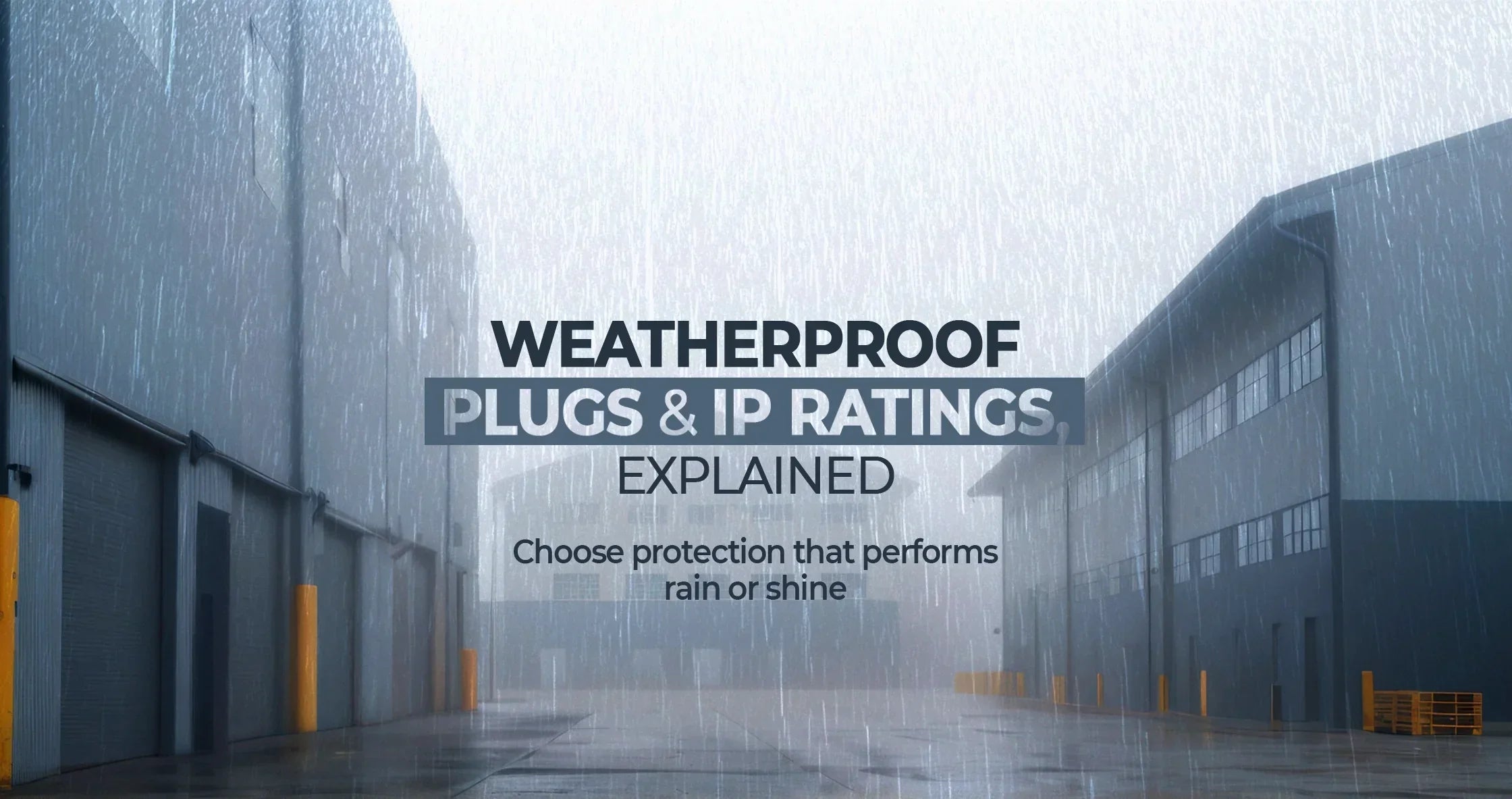When dealing with outdoor or wet environments, one of the most important factors to consider is the selection of weatherproof plugs and sockets. These are not just industrial accessories; they are vital safety components that protect people, property, and equipment. Choosing the right IP rating for your application ensures that electrical systems continue to operate safely and effectively, regardless of environmental exposure.
What Are Weatherproof Plugs?
Weatherproof plugs are specialized electrical components designed to withstand exposure to moisture, dust, and other environmental hazards. They are often used in industrial, commercial, and residential settings where power connections are exposed to weather or wet conditions. Their purpose is to ensure electrical safety while maintaining performance.
The key to understanding whether a plug is suitable for outdoor use lies in its IP (Ingress Protection) rating, which we will explore in detail below.
What Is an IP Rating?
IP ratings, or Ingress Protection ratings, are standardized classifications that define the level of protection an electrical enclosure provides against solids and liquids. The IP rating is composed of two digits:
- The first digit (0 to 6) relates to protection from solid objects or particles like dust.
- The second digit (0 to 9) refers to protection from liquids like water.
For example, an IP65-rated plug is dust-tight and protected against water jets from any direction.
Common IP Ratings for Weatherproof Applications:
- IP44 – Protected against solid objects >1mm and splashing water.
- IP55 – Protected against limited dust ingress and low-pressure water jets.
- IP65 – Totally dust-tight and protected from water jets.
- IP66 – High-level dust protection and powerful water jets.
- IP67 – Temporary immersion in water up to 1 meter.
- IP68 – Long periods of immersion under pressure.
Why IP Ratings Matter in Outdoor and Wet Environments
In outdoor or wet environments, exposure to water, humidity, and dust can lead to corrosion, short circuits, and even fire hazards. Properly selected weatherproof plugs with appropriate IP ratings minimize these risks.
Matching IP Ratings to Specific Environments:
- General outdoor use (gardens, balconies): IP44 or higher.
- Heavy rain exposure: IP55 or higher.
- Industrial washdown areas or construction sites: IP65 to IP66.
- Submersible or flood-prone areas: IP67 or IP68.
Choosing the right IP-rated weatherproof plug ensures continuous operation and protects your electrical systems from failure.
IP Ratings vs NEMA Ratings
In some regions, especially in the U.S., NEMA (National Electrical Manufacturers Association) ratings are used instead of IP ratings. While both systems aim to classify protection levels, they are not directly equivalent. However, IP ratings are more commonly used globally and are particularly standard in industrial applications.
For example:
- NEMA 4 roughly corresponds to IP66.
- NEMA 6P can be compared to IP68.
Always refer to manufacturer data for exact cross-references.
Features to Look for in Weatherproof Plugs and Sockets
Aside from the IP rating, high-quality weatherproof plugs and sockets typically include:
- Sealing gaskets or rubberized lids
- Impact-resistant housing
- UV-stable and corrosion-resistant materials
- Locking mechanisms to secure connections
- Compliance with IEC or AS/NZS standards
These features are essential in ensuring longevity and safety, especially in demanding outdoor and wet conditions.
Best Practices for Installing Weatherproof Electrical Connections
1. Plan for the environment.
Understand the expected conditions – rainfall, UV exposure, potential flooding – and match the IP rating accordingly.
2. Avoid downward-facing cable entry.
Always direct cables downward to prevent water ingress into the plug or socket.
3. Use weatherproof covers.
Install spring-loaded or lockable covers to enhance protection when the outlet is not in use.
4. Test regularly.
Especially in harsh environments, conduct periodic tests to ensure ongoing safety and performance.
5. Train staff or household members.
Ensure anyone using outdoor equipment understands the limitations and safety measures of the installed plugs and sockets.
Case Applications: Real-World Use of Weatherproof Plugs
Residential Use:
Weatherproof power points in garden areas or patios are often rated IP44 or IP55, depending on their exposure.
Commercial Use:
Outdoor signage, holiday lighting, and entertainment venues typically require IP65-rated plugs to ensure consistent operation.
Industrial Use:
Factories with washdown protocols, mining sites, or temporary outdoor installations demand IP66 or higher, especially when high-pressure water is involved.
Agricultural Use:
Farms dealing with irrigation and exposure to mud and moisture often rely on IP67-rated connectors.
Conclusion: Safety Starts with the Right IP Rating
When selecting weatherproof plugs, don’t take shortcuts. Matching the IP rating to the real-world environmental exposure of your setup is critical to safety, durability, and performance. Whether you’re lighting a backyard, powering tools on a job site, or maintaining industrial systems in extreme conditions, choosing the right plug can prevent costly failures and ensure uninterrupted operations.
Explore Weatherproof Power Solutions
Ready to choose the right weatherproof plug for your environment? Browse our trusted collections today:
- Weatherproof Sockets and Plugs
- IP Rated Industrial Electrical Enclosures
- Outdoor Power Accessories and Fittings
Invest in protection that performs, rain or shine.


